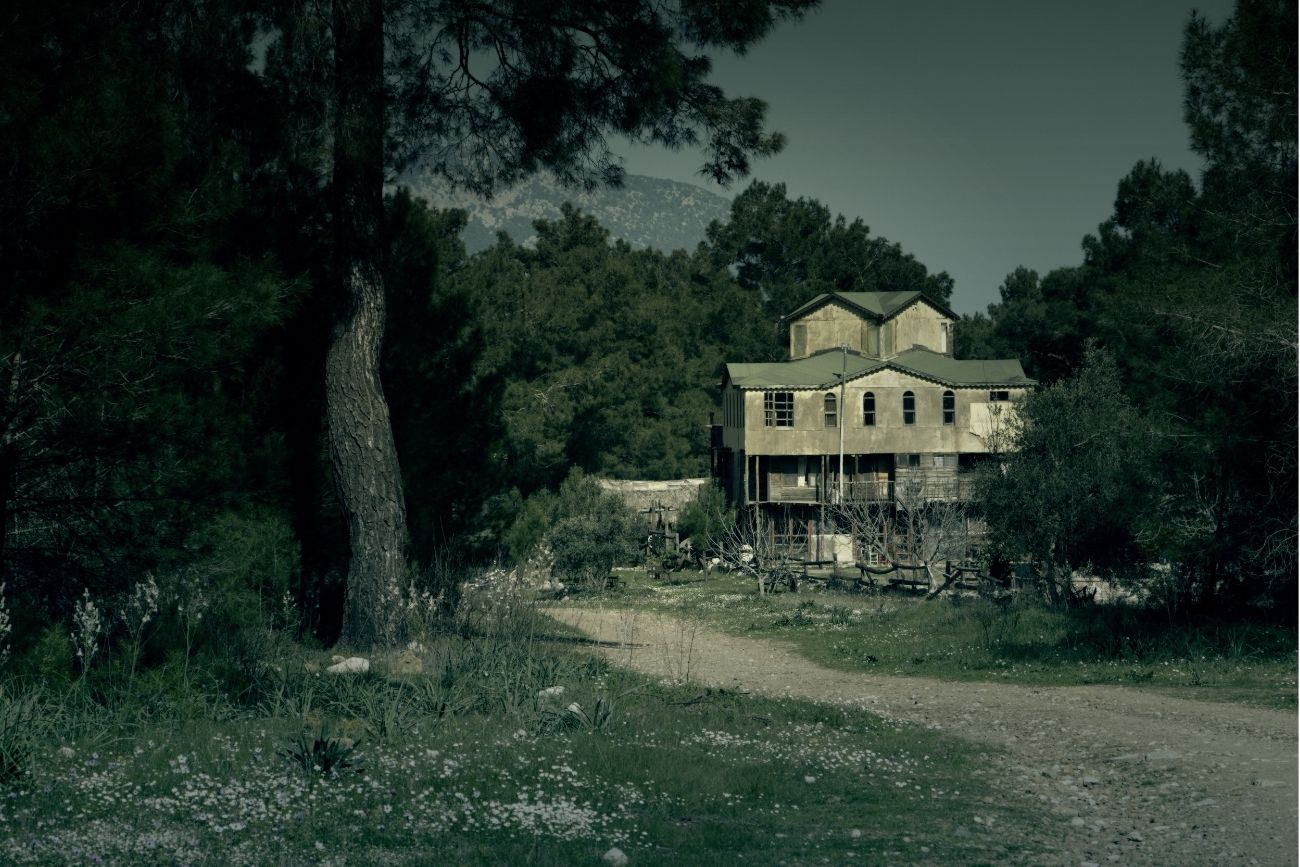
30 Essential Brazilian Portuguese Adjectives You Need to Know
Adjectives are a key part of language learning, helping you add details and personality to your conversations. In Brazilian Portuguese, a good grasp of common adjectives will enable you to describe people, places, emotions, and more. This article covers 30 essential Brazilian Portuguese adjectives, organized into four sections for easy learning. Mastering these adjectives will give you the tools to speak more expressively and naturally!
1. Brazilian Portuguese Adjectives for Describing People and Personal Qualities
1. Bonito / Bonita (Beautiful / Handsome)
Bonito and bonita are used to compliment someone’s appearance, whether describing a person, place, or thing.
Example: Ela é uma pessoa muito bonita. (She is a very beautiful person.)
2. Inteligente (Intelligent)
A versatile adjective, inteligente describes someone who is smart or has good reasoning skills.
Example: Meu amigo é muito inteligente. (My friend is very intelligent.)
3. Simpático / Simpática (Friendly / Nice)
Brazilians value friendliness, so this adjective is common when describing someone with a pleasant personality.
Example: Ela é muito simpática. (She is very friendly.)
4. Trabalhador / Trabalhadora (Hardworking)
Use this adjective to describe someone dedicated or diligent, a valued quality in Brazilian culture.
Example: Ele é um trabalhador dedicado. (He is a dedicated worker.)
5. Engraçado / Engraçada (Funny)
To describe someone who brings joy and laughter, engraçado is an ideal choice.
Example: Meu irmão é muito engraçado. (My brother is very funny.)
2. Brazilian Portuguese Adjectives for Emotions and States
6. Feliz (Happy)
This adjective is essential for expressing joy or contentment.
Example: Eu estou muito feliz hoje. (I am very happy today.)
7. Triste (Sad)
The opposite of feliz, triste is used to convey sadness or disappointment.
Example: Ele está triste com a notícia. (He is sad about the news.)
8. Cansado / Cansada (Tired)
Use cansado to describe someone who is physically or mentally exhausted.
Example: Estou cansado depois do trabalho. (I am tired after work.)
9. Ansioso / Ansiosa (Anxious)
Perfect for describing anticipation, nervousness, or eagerness.
Example: Ela está ansiosa pela viagem. (She is anxious about the trip.)
10. Calmo / Calma (Calm)
This adjective describes a peaceful or relaxed state.
Example: O ambiente está calmo. (The environment is calm.)
Ready to immerse yourself in the language and culture of Brazil?
3. Brazilian Portuguese Adjectives for Size and Quantity
11. Grande (Big / Large)
A commonly used adjective to describe size, whether talking about a place, object, or concept.
Example: Minha casa é grande. (My house is big.)
12. Pequeno / Pequena (Small)
The opposite of grande, pequeno describes something of a smaller size.
Example: O cachorro dela é pequeno. (Her dog is small.)
13. Alto / Alta (Tall / High)
Used for both people and objects, alto describes height or elevation.
Example: Ele é um homem alto. (He is a tall man.)
14. Baixo / Baixa (Short / Low)
The opposite of alto, used to describe short stature or something at a low level.
Example: O prédio é baixo. (The building is low.)
15. Cheio / Cheia (Full)
This adjective is used to indicate fullness, whether it’s a place, a container, or even emotions.
Example: O restaurante está cheio. (The restaurant is full.)
4. Brazilian Portuguese Adjectives for Describing Objects and Experiences
16. Novo / Nova (New)
Used for describing recently acquired or modern items.
Example: Comprei um carro novo. (I bought a new car.)
17. Velho / Velha (Old)
The opposite of novo, velho describes something aged or well-used.
Example: Este é um livro velho. (This is an old book.)
18. Caro / Cara (Expensive)
A useful adjective for talking about prices or the value of objects.
Example: Esse relógio é muito caro. (This watch is very expensive.)
19. Barato / Barata (Cheap / Inexpensive)
The opposite of caro, barato is used to describe affordable items.
Example: Encontrei uma passagem barata. (I found a cheap ticket.)
20. Difícil (Difficult)
Used to talk about challenges, tasks, or anything requiring effort.
Example: Aprender português pode ser difícil. (Learning Portuguese can be difficult.)
5. Additional Brazilian Portuguese Adjectives for Expressing Preferences and Conditions
21. Interessante (Interesting)
A widely used adjective to describe something that captures attention or curiosity.
Example: O filme é muito interessante. (The movie is very interesting.)
22. Chato / Chata (Boring)
This is the opposite of interessante and describes something tedious or dull.
Example: A palestra foi chata. (The lecture was boring.)
23. Importante (Important)
A key adjective for expressing the significance of something.
Example: A educação é importante. (Education is important.)
24. Necessário / Necessária (Necessary)
Necessário is used when discussing something essential or required.
Example: É necessário estudar para passar. (It is necessary to study to pass.)
25. Fácil (Easy)
The opposite of difícil, used for describing simple tasks.
Example: Essa receita é fácil de fazer. (This recipe is easy to make.)
6. Brazilian Portuguese Adjectives for Describing Taste and Appearance
26. Doce (Sweet)
Used to describe flavors, especially desserts and fruits.
Example: O bolo está doce. (The cake is sweet.)
27. Salgado / Salgada (Salty)
Used to describe foods with a salty flavor.
Example: Esses biscoitos são salgados. (These crackers are salty.)
28. Amargo / Amarga (Bitter)
This adjective describes a bitter taste, often for specific foods and beverages.
Example: O café está amargo. (The coffee is bitter.)
29. Bonito / Bonita (Pretty / Beautiful)
Repeated here due to its versatility, bonito describes physical beauty in people, places, or things.
Example: A praia é bonita. (The beach is beautiful.)
30. Feio / Feia (Ugly)
The opposite of bonito, used to describe something unappealing.
Example: O prédio é feio. (The building is ugly.)
Tips for Practicing Brazilian Portuguese Adjectives
- Label Items Around You: Write down Brazilian Portuguese adjectives and place them on objects around your home to reinforce their meanings.
- Practice Descriptions: Practice using these adjectives by describing people, places, and things you encounter daily.
- Use Flashcards: Create flashcards with adjectives on one side and English translations on the other to test yourself regularly.
- Watch Content in Portuguese: Listening to movies or shows in Portuguese can help you hear adjectives in context, improving your comprehension and pronunciation.
Learn More Brazilian Portuguese Adjectives with Short Stories
To see these adjectives in context, consider reading Brazilian Portuguese short stories like Travel Stories in Brazilian Portugues. Short stories provide natural and engaging ways to experience adjectives in full sentences, making your learning journey both educational and entertaining. With regular practice, you’ll soon be using these adjectives confidently to describe the world in Brazilian Portuguese!
Ready to immerse yourself in the language and culture of Brazil?






